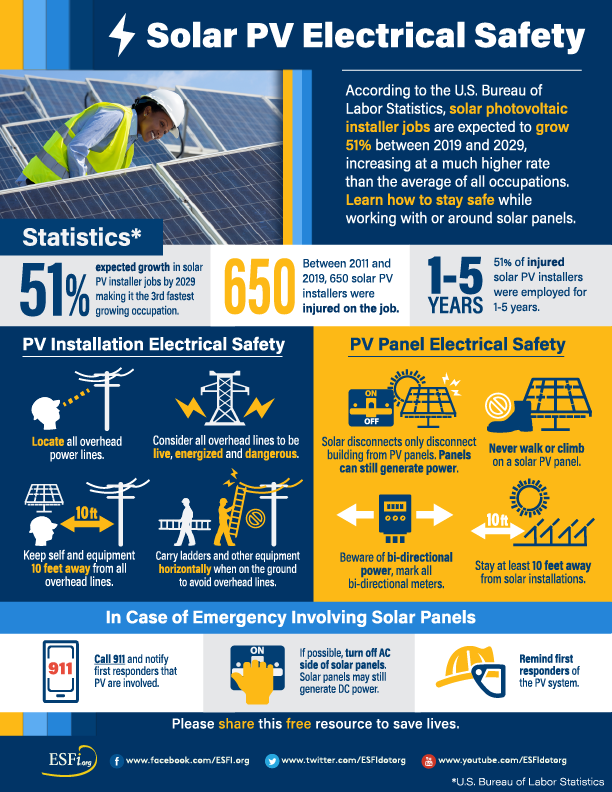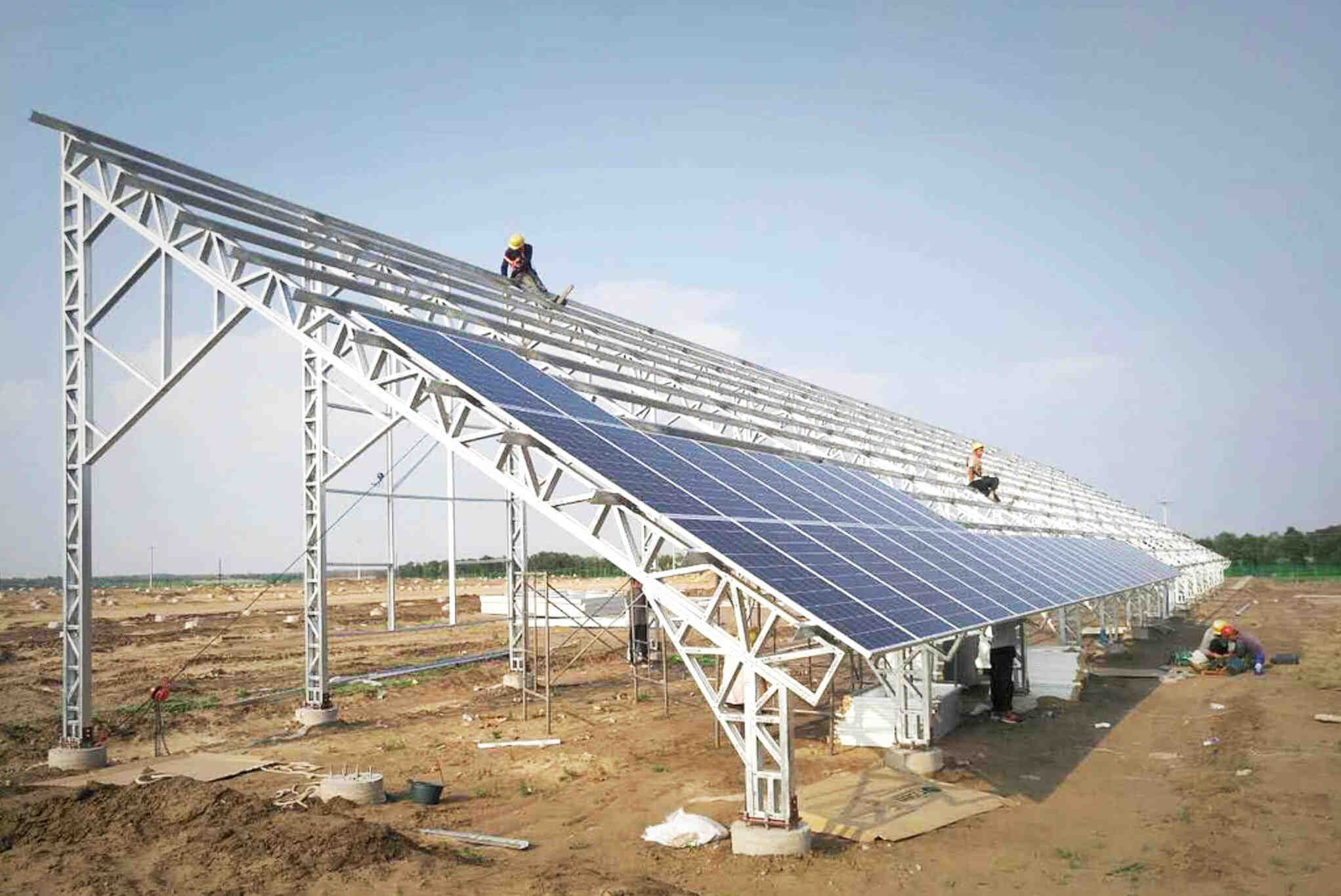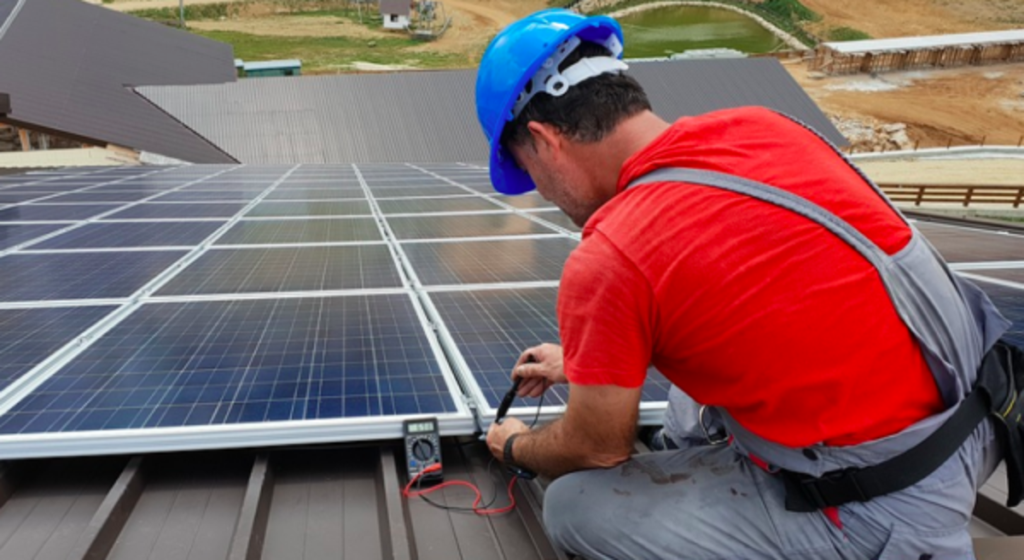Contents
How do I become a solar photovoltaic installer?

PV installers usually need a high school diploma. Some solar panel installers take courses on installing solar panels at local community colleges or technical schools. Courses range from basic safety and PV knowledge to systems design. Although the length of the course varies, it usually lasts from a few days to several months.
How many solar installers are in the US?
American solar jobs have grown by 167% over the past decade, five times faster than overall job growth in the US economy. There are more than 250,000 solar industries in the United States in manufacturing, installation, project development, trade, distribution and more.
Do I need to be an electrician to install solar panels?
A professional electrician must complete the installation of the solar panel. The electrician is properly licensed and insured, which means that if something happens during installation, they may have a valid indemnity policy.
Is solar panel installer a good job?

Jobs in the solar industry pay very well and consistent wage growth tends to be very common. So as you gain more skills and experience, you will likely see your salary increase. … Experience has shown that a solar installer can still earn over $ 50,000.
How much do solar jobs pay?
The average salary for a solar installer in Sydney NSW is $ 89,388 per year.
Is selling solar hard?
Sometimes it can be so hard on very busy days to work so many hours, but if that’s something you’re willing to do, you can handle it. If you want free time, they will accept it. And your salary cannot be limited nor your satisfaction. “Every solar company is different.
How do solar installers make money?

Installation. The first way to make money is to install solar panels. There is a small profit margin during installation and when buying panels. Obviously, this is not a large profit margin, but it is often enough to keep the company in business.
Is building a solar farm profitable?
Well, according to the Landmark Dividend, the average profit per solar field per acre falls anywhere from $ 21,250 to $ 42,500. … Actual profits can be much lower or indeed much higher. Hundreds of acres of solar farms see profits in the hundreds of thousands.
What is the profit margin for solar companies?
However, even if a solar panel company rents solar panels, their profits depend entirely on the number of panels they install. A typical profit margin in this business is about 6 percent per year, but it requires a long-term investment strategy and full consideration of the above factors.
Should I start a solar farm?
Joining a community solar park can be a great option if your roof is not suitable for the sun or you do not want solar panels to be installed on your property. Even if your roof is good for the sun, signing up for a community solar project may be worth it if the costs are low and the terms of the contract are beneficial.
Do you need a degree to install solar panels?

Installers can do well in a training program or degree involved, but engineers need at least a four-year degree. Many solar programs in the United States fall into the category of renewable or sustainable energy, alternative energy, or green programs.
What jobs are needed for solar energy?
Occupations in solar energy
- Scientific research.
- Solar energy technology.
- Production for solar energy.
- Development of a solar power plant.
- Solar power plant construction.
How can I start solar industry?
- Select a niche market. Research a little about the biggest needs in your area. …
- Business licenses required. For information on the licenses required to install solar energy, see your state. …
- Examine the available certificates. …
- Set up a business unit. …
- Get business insurance. …
- Become an expert in your niche.
What is the career path for a solar installer?
There are several ways to become a solar photovoltaic (PV) installer, often referred to as PV installers. Some employees only need a high school diploma and receive on-the-job training lasting up to 1 year. Other candidates take a course at a technical school or community college.
Sources :


